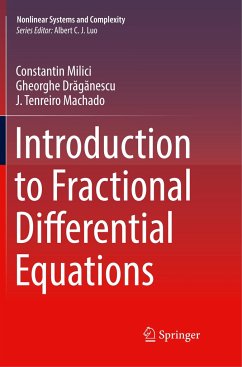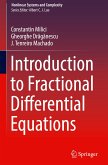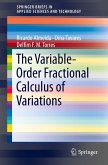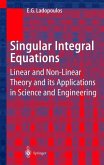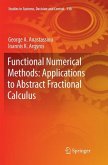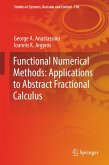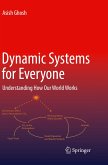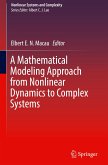This book introduces a series of problems and methods insufficiently discussed in the field of Fractional Calculus - a major, emerging tool relevant to all areas of scientific inquiry. The authors present examples based on symbolic computation, written in Maple and Mathematica, and address both mathematical and computational areas in the context of mathematical modeling and the generalization of classical integer-order methods. Distinct from most books, the present volume fills the gap between mathematics and computer fields, and the transition from integer- to fractional-order methods.
"The book is written nicely and useful as an introductory book on fractional differential equations. Important references are also provided at the end of each chapters. The main focus of the book is numerical methods. The book provides maple and mathematica codes, which can be very helpful to the readers interested in numerical simulations of such systems." (Syed Abbas, zbMath 1417.34004, 2019)

